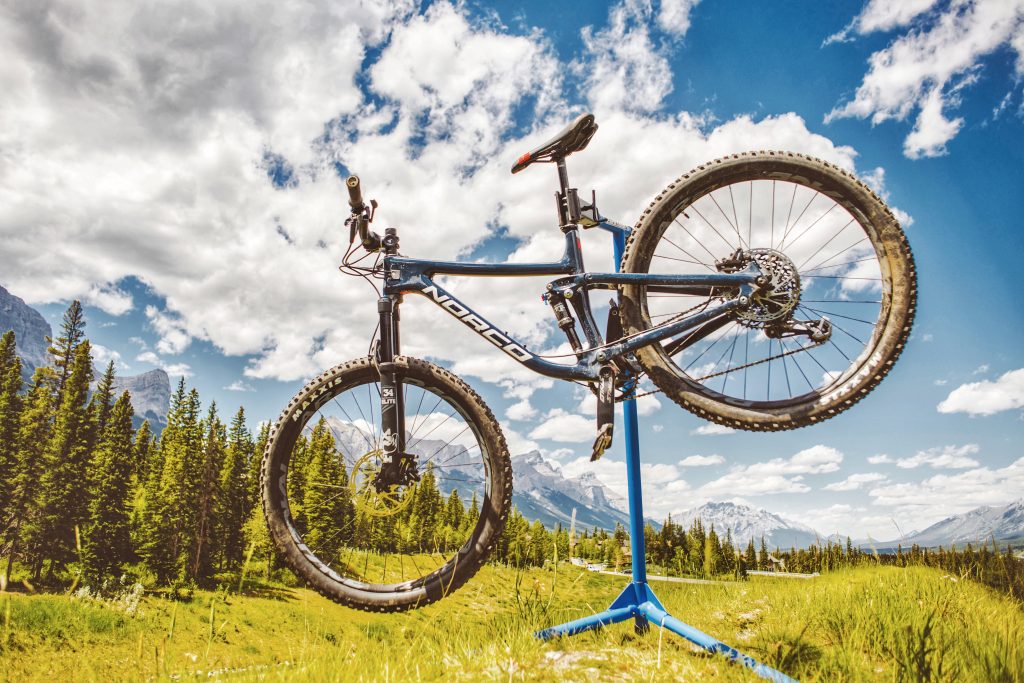The Limited Edition, UK-Made Elephant Bike
The charity refurbishes 5,000 vintage Royal Mail bikes in order give Malawi citizens their own wheels

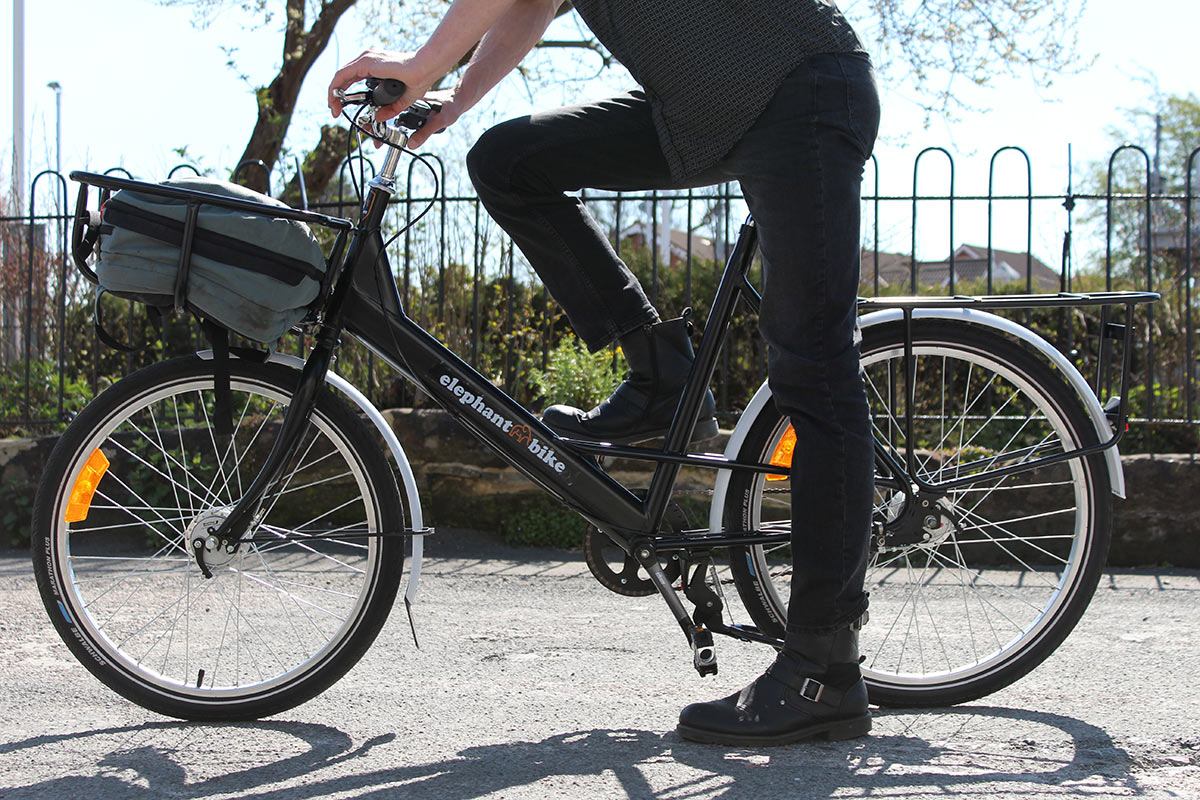
The classic image of the postman on his bike doesn’t really apply anymore, as internet shopping and email means that we send more parcels and much fewer letters. In the UK, the Royal Mail postal service has decommissioned 25,000 Royal Mail bikes made by Pashley, the longest established bicycle manufacturer in the country. The sturdy, well-designed bikes were destined to just end up in a landfill, when charity organization Krizevac stepped in and began donating them to Malawi. But simply sending the bikes wasn’t cost effective, and instead, Krizevac has now created Elephant Bike, an initiative inspired by the “buy one, give one” concept. When you buy an Elephant bike, it covers the cost of shipping another Elephant bike to Malawi, where it is donated or sold for significantly less.
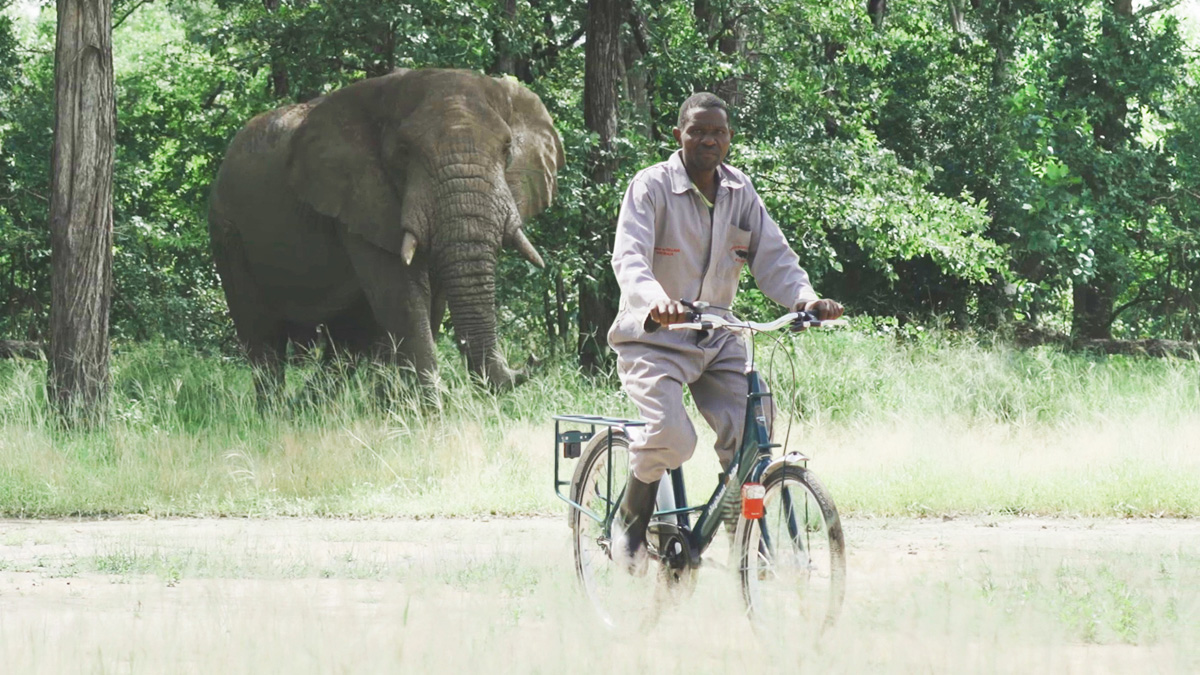
Krizevac wasn’t originally allowed to sell the bikes in the UK, as they were recognizably Royal Mail bikes. The solution to the problem came from Malawi, where some of the bikes had been donated to Liwonde National Park, which is home to the majority of Malawi’s protected wildlife. The bikes are used by Liwonde’s wardens, who maintain the fence around the rhino sanctuary, but they found themselves being chased by elephants, who didn’t like the Royal Mail red color of the bikes. Keen to find a solution, the wardens sprayed the bikes a “bush-friendly” green, which solved the problem. Krizevac got Royal Mail’s approval to sell the green bikes in the UK, and so Elephant Bike—taking its name from the animals who inspired the color—was started.
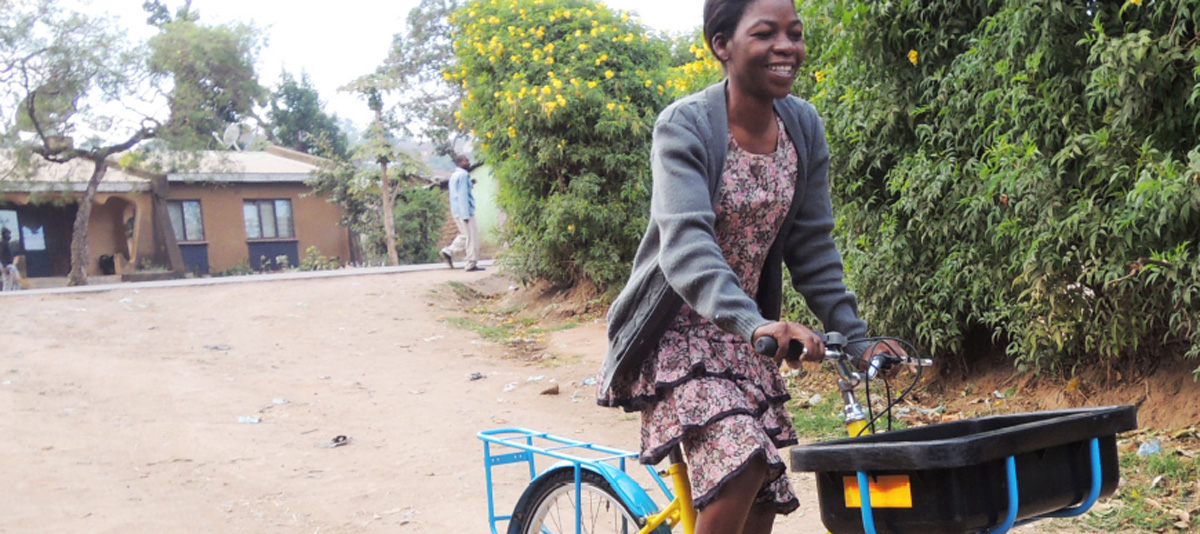
The Royal Mail bikes are great all-weather bikes, with easy step-through frames, and are suitable for carrying heavy loads—they have 20kg on the rear carrier, and an additional 20kg with the optional front parcel tray. Vince Owen, Krizevac trustee and Managing Director of Elephant Bike, tells CH, “In Malawi, the vast majority of the bikes are sold for personal use. The average income in the country is £20/month and the bikes sell for £80, so it’s like buying a car. They were designed to carry heavy loads, which makes them perfect for Africa, and they last very long. Some of them have also been donated to clinics and health care centers. People save up to buy the bikes, and then use them to carry charcoal to the market, to take their kids to school, or as bicycle taxis.” 100% of the profits from Elephant Bike sales in the UK cover the shipping costs to Malawi.
And the Elephant Bikes aren’t just improving lives in Africa, but they are also helping out in the UK, where they are serviced by inmates in HM Prisons across the Midlands, who are given the chance to attain a certificate in bicycle maintenance. Krizevac is now expanding its bike work with new initiative Cycle of Good, aptly shortened COG, which will create new products from parts of old bikes. For example, old inner-tubes will be sent to Malawi, where they will be made into wallets and other items by workers in some of the cottage industry companies founded with Krizevac’s support.
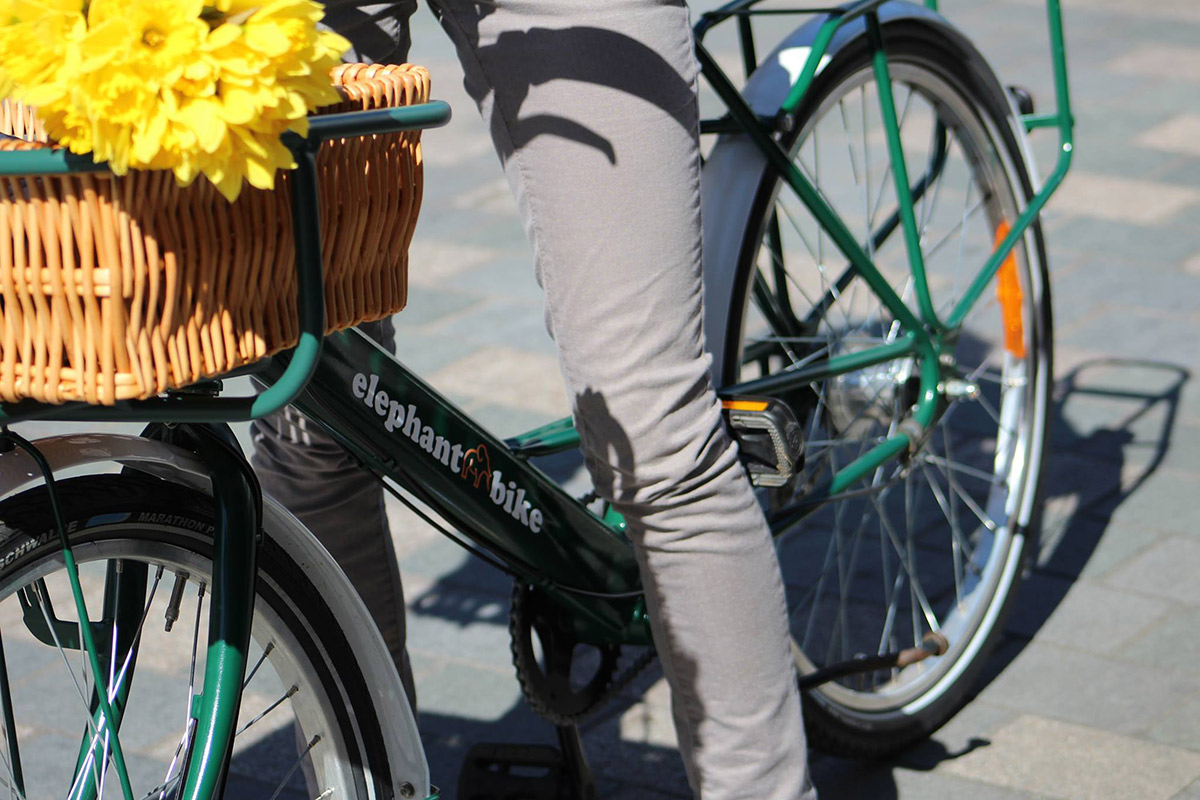
“The COG products will be sold in the UK and include jewelry, clocks, coat-hooks—all old parts of the bikes will be used,” Owen says. “These kind of products have been made before, but only by private companies. For Krizevac, it’s about trade, not aid.” Cycling is more popular than ever in the UK, and Krizevac’s initiative gives those who want a hard-wearing and nice-looking bike the chance to also do some good. An Elephant Bike, available in two frame sizes, can be purchased for £250 online (which includes free delivery in the UK).
Images courtesy of Elephant Bike
